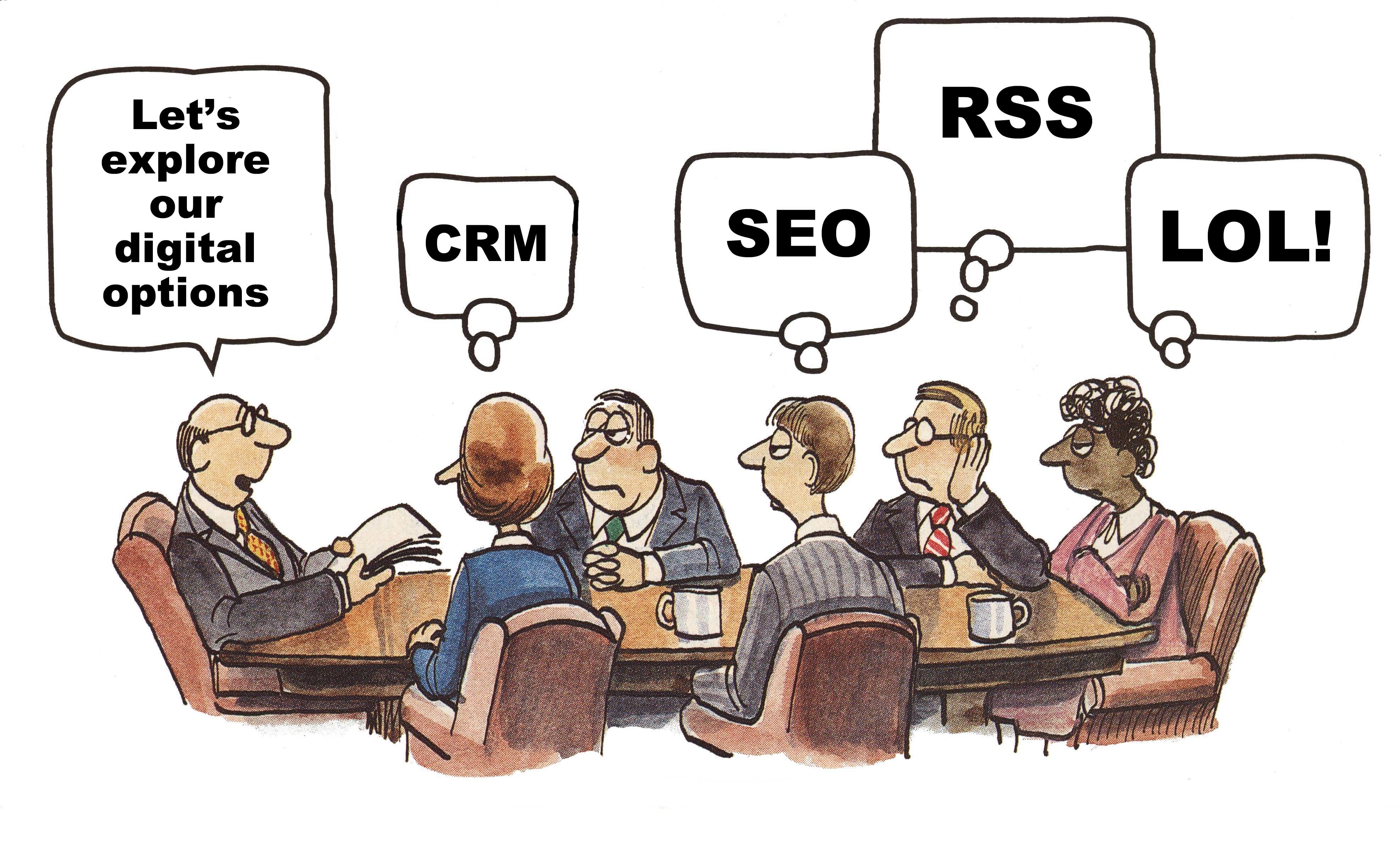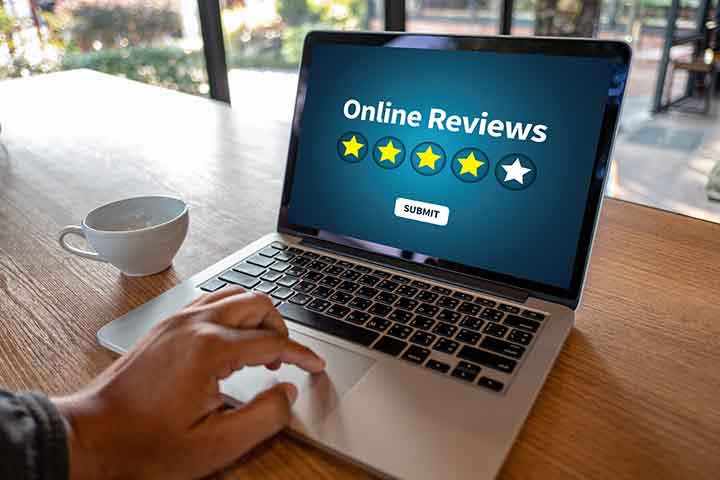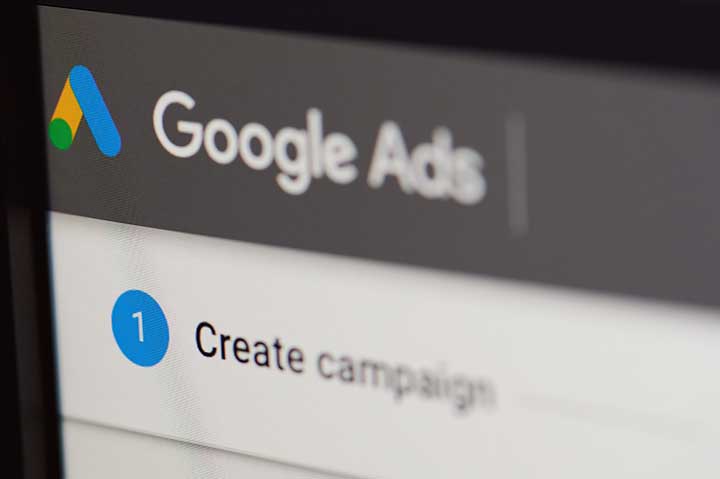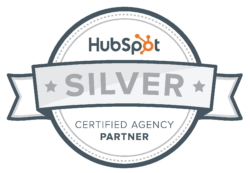
“Customer relationship management” or CRM can sound intimidating to small- and mid-sized businesses. After all, if your company only has a handful of customers, why do you need a dedicated process or system to keep track of them? A few spreadsheets and rules of thumb will do just fine.
But what happens when business starts to boom? At some point, the organization will need to implement a customer contact management system that’s more organized and streamlined than a mass of spreadsheets. And such a migration could be painful if the decision has been put off a few too many months, or even years. With a CRM in place it will be easier for a company to scale.
At its core, a CRM is not just useful to large enterprise companies --it’s essential for businesses of all sizes.
But don’t just take our word for it. Did you know that 75% of sales managers say that using a CRM helps to drive and increase sales? Or that CRM systems improve customer retention by 27%?
So, let's start at the beginning … What is a CRM?
CRM stands for customer relationship management, and it refers to software that helps companies track interactions with their future and current customers. The goal of implementing a CRM is to create a system that your sales and marketing teams can use to more efficiently and effectively interact with prospects or customers. Marketing will often use a CRM to ensure that they’re passing the right leads to their sales team -- a key aspect of developing a strong relationship with the sales team. Salespeople utilize the CRM in a different way. They use it to source prospective customers, communicate with them, and track their interactions over time. Having the entire prospect history in one place increases their efficiency and improves their productivity. For instance, salespeople using a CRM won’t have to hunt through their email to remember where a conversation left off. A good CRM system allows sales and marketing to see where a customer is in the buying cycle and what is in the pipeline.
Which companies use a CRM?
The short answer is that any company who seeks to maintain a relationship with their customers can benefit from using a CRM system. To get a little bit more specific, there are two groups of companies that often see the most benefit:
- B2B companies that typically need to track leads and customers across long sales cycles and through upgrade paths (e.g., a software company, a recruiting firm)
- Considered purchase B2C companies (e.g., a jeweler, a landscaping service, Investment advisor, insurance, technology companies, realtor, or other services companies.)
That being said, there are a lot of companies who don’t fit the above profiles, but still find value in using a CRM system. Another way to understand whether or not a CRM system can help your business is to think about the challenges that CRM systems aim to solve:
-
Do you have a need for maintaining a central list of information on your leads and customers? Does this information live in many different places?
-
Are your customers regularly interfacing with multiple people on your team? How does everyone keep track of where the conversation with any one customer left off?
-
Do you struggle to understand the productivity of your sales team? Does your sales team follow a structured process?
If you answered yes to any one or more of the above questions, chances are your business could benefit from a CRM system
Click here to read more about Customer Relationship Management (CRM) Systems.















